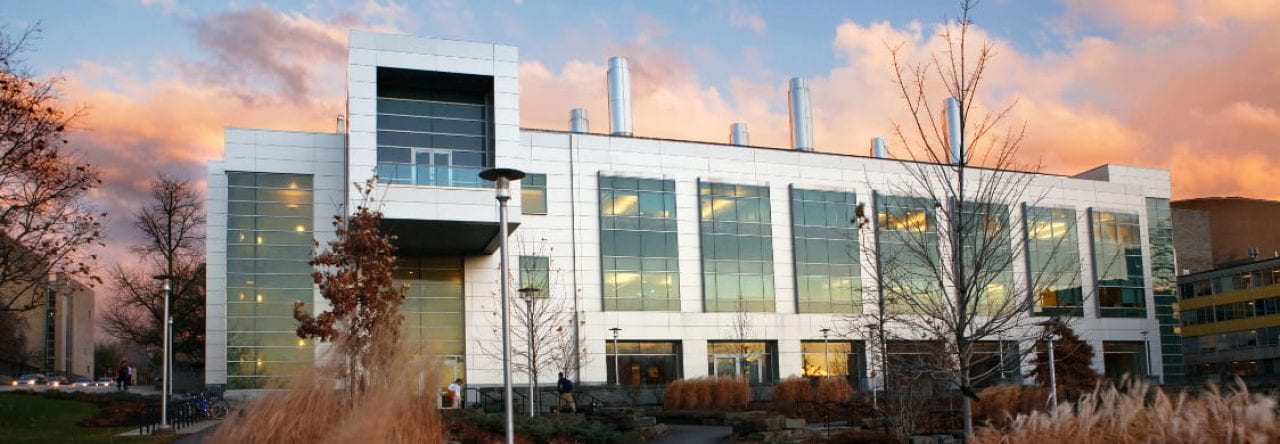Qi Li
Assistant Professor
Environmental Engineering
Biography
Qi Li completed her Ph.D. in Civil and Environmental Engineering at Princeton University in 2016 and a B.A. in Physics and Mathematics from Carleton College, MN in 2011. Her graduate research focuses on developing computational models for studying the exchange of momentum and scalars over complex surfaces, such as the urban environment. She then worked as a post-doctoral researcher in the Water Center at Columbia University working on numerical simulations of atmospheric turbulence.
Research Interests
Li is interested in the fluid dynamics, heat transfer and hydrologic processes in the built environment. She develops and applies numerical models to study how the built environment impacts the land-atmosphere interactions at multiple temporal and spatial scales. Her approach includes both high-performance computing (large-eddy simulations and direct numerical simulations) and field experiment data to develop a physical understanding of the transport of momentum, energy and mass in the built environment. Examples of her current research topics are improving the representations of urban areas in regional weather models and dispersion modeling with improved urban micrometeorological component.
Selected Publications
- Li, Qi, Z-H Wang. 2017. “Large-eddy simulation of the impact of urban trees on momentum and heat fluxes.” Agricultural and Forest Meteorology.
- Cheng, Y., C. Sayde, Qi Li, J. Selker, J. Basara, T. Ochsner, E. Tanner, P. Gentine. 2017. “Failure of Taylor’s hypothesis in the atmospheric surface layer and its correction for eddy-covariance measurements.” Geophysical Research Letters 44.
- Li, Qi, E. Bou-Zeid, W. Anderson, S. Grimmond, M. Hultmark. 2016. “Quality and reliability of large-eddy simulation of convective scalar transfer at high Reynolds number.” International Journal of Heat and Mass Transfer 102: 959-970.
- Li, Qi, E. Bou-Zeid, W. Anderson. 2016. “The impact and treatment of the Gibbs phenomenon in immersed boundary method simulations of momentum and scalar transport.” Journal of Computational Physics 310: 237-251.
Selected Awards and Honors
- Geophysical Fluid Dynamics Fellow (Woods Hole Oceanographic Institute) 2016
- Gordon Y.S. Wu Prize in Engineering (Princeton University) 2015
- Princeton Energy and Climate Scholar (Princeton Energy) 2014
Education
Princeton University





